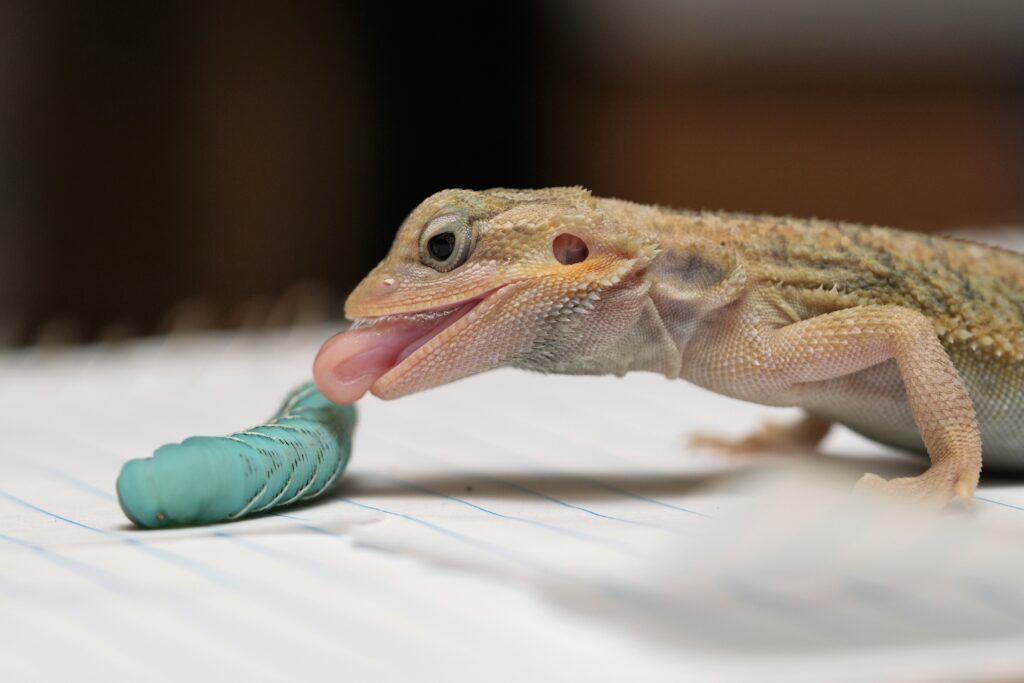Feeder Insects
Feeder Insects - Mirroring natural behavior
Feeder Insects – Avoid premade pelleted foods full of soybean hulls and other filler garbage. Feeding live foods trigger animals’ prey drive and encourage natural behavior, helping providing the highest quality of life possible while in captivity. We sell a variety of great live feeders for all of your lizard’s needs! For feeder rats click HERE!
Feeder List
- Crickets – $1.09/doz
- Waxworms – 19.99/250ct
- Superworms $7.99/50ct cupped
- Mealworms
- -100ct/$4
- -250ct/$10
- Hornworms $1.50/single or 17.99/cup
- Silkworms $2.50/single
- Dubia Roaches
- -Small $11.99/50ct
- -Medium $11.99/25ct, 14.99/50ct
- -Large $14,99/25ct, 19.99/50ct
- Earth Worms $6.49/24ct
- Night Crawlers $6.49/6ct
NEW! Fruit Flies –
- Turkish Gliders $11.99/culture
- Flightless Fruit Flies $11.99/culture
- Golden Hydei Fruit Flies $11.99/culture
NOTE: These wont be regularly stocked yet but can be ordered! Order by Wednesday for pickup on Friday.
Importance of a varied diet.
If you have an insectivorous or omnivorous pet reptile like a bearded dragon, leopard gecko, chameleon, etc., then you’ve probably heard of “staple” feeder insects. What does that mean, exactly?
A “staple” feeder is an insect that is nutritious enough to make a regular appearance in your reptile’s diet without potentially causing problems like excessive weight gain, organ disease, or other illnesses. Staple feeders also have a reasonable calcium to phosphorus ratio (as close to 2:1 as possible) and must be readily available for regular purchase.
Staple feeder insects are NOT insects that can be exclusively fed to your pet. Regardless of what you may have heard, exclusively feeding just one type of feeder insect for the rest of your reptile’s life is a recipe for problems like:
- loss of appetite
- obesity
- vitamin deficiency
- vitamin toxicity
- organ disease
- metabolic bone disease
The key to balanced nutrition for pet reptiles is providing variety in diet. Wild reptiles eat all kinds of different foods in their natural habitat, and their bodies have adapted to thrive under these conditions. Different foods have different kinds and quantities of vitamins, minerals, and macronutrients, so eating a variety of appropriate foods makes your reptile more likely to get the nutrients they need in appropriate amounts.
Plus, consider this: How would you feel if you had to eat the same thing every day? Even if it was your favorite food, and even if it was super nutritious, you’d probably get tired of it pretty fast. Reptiles are often same way.

